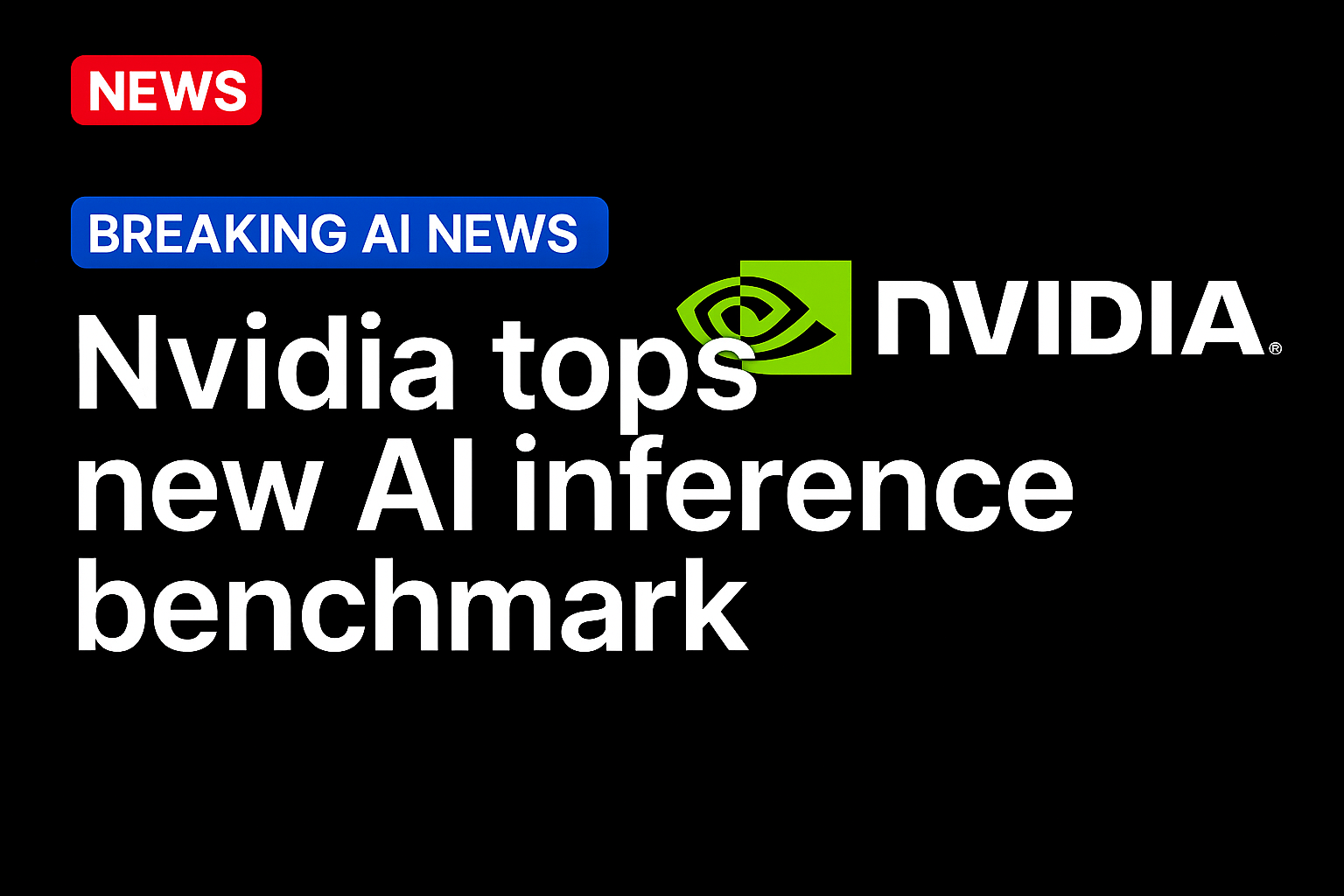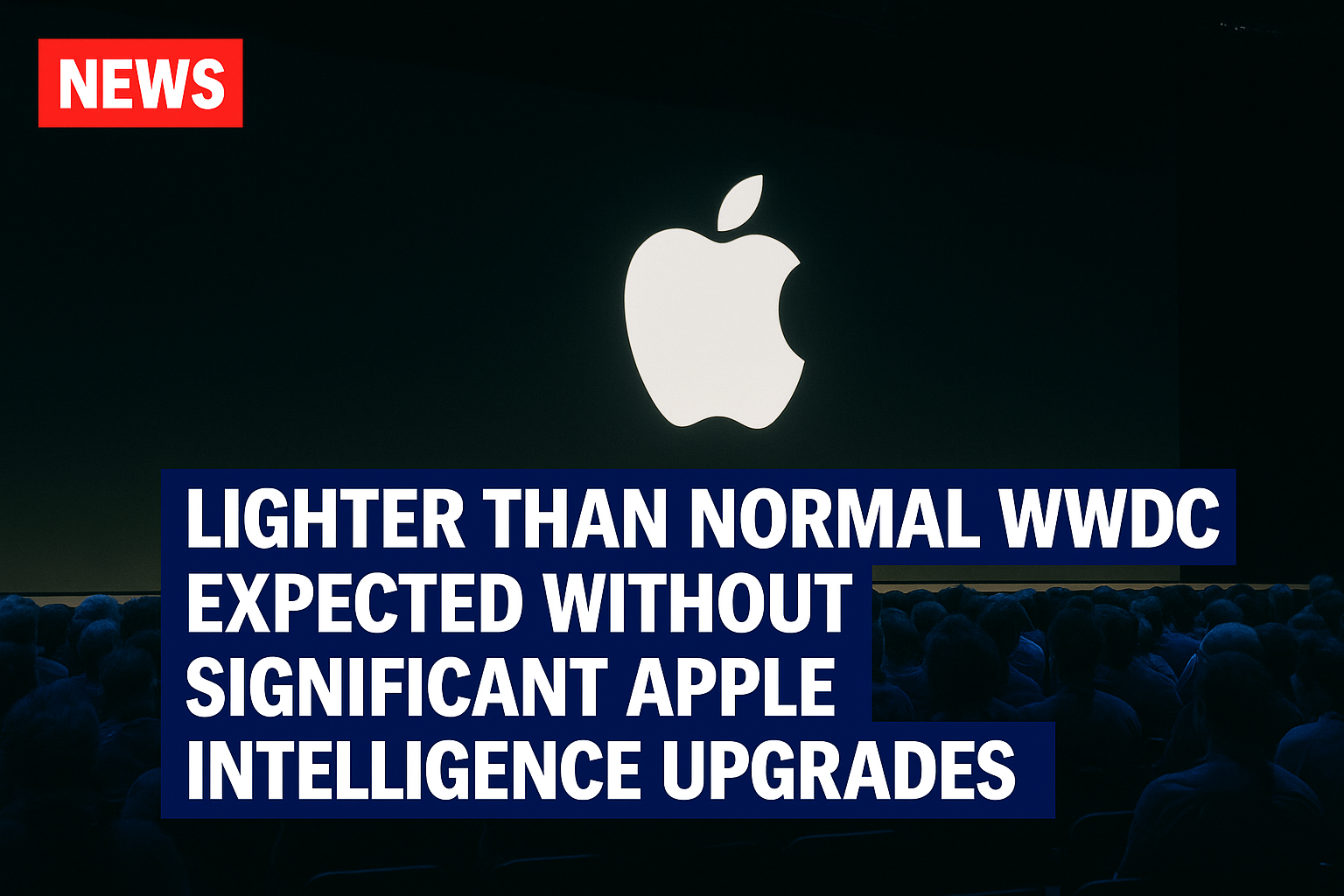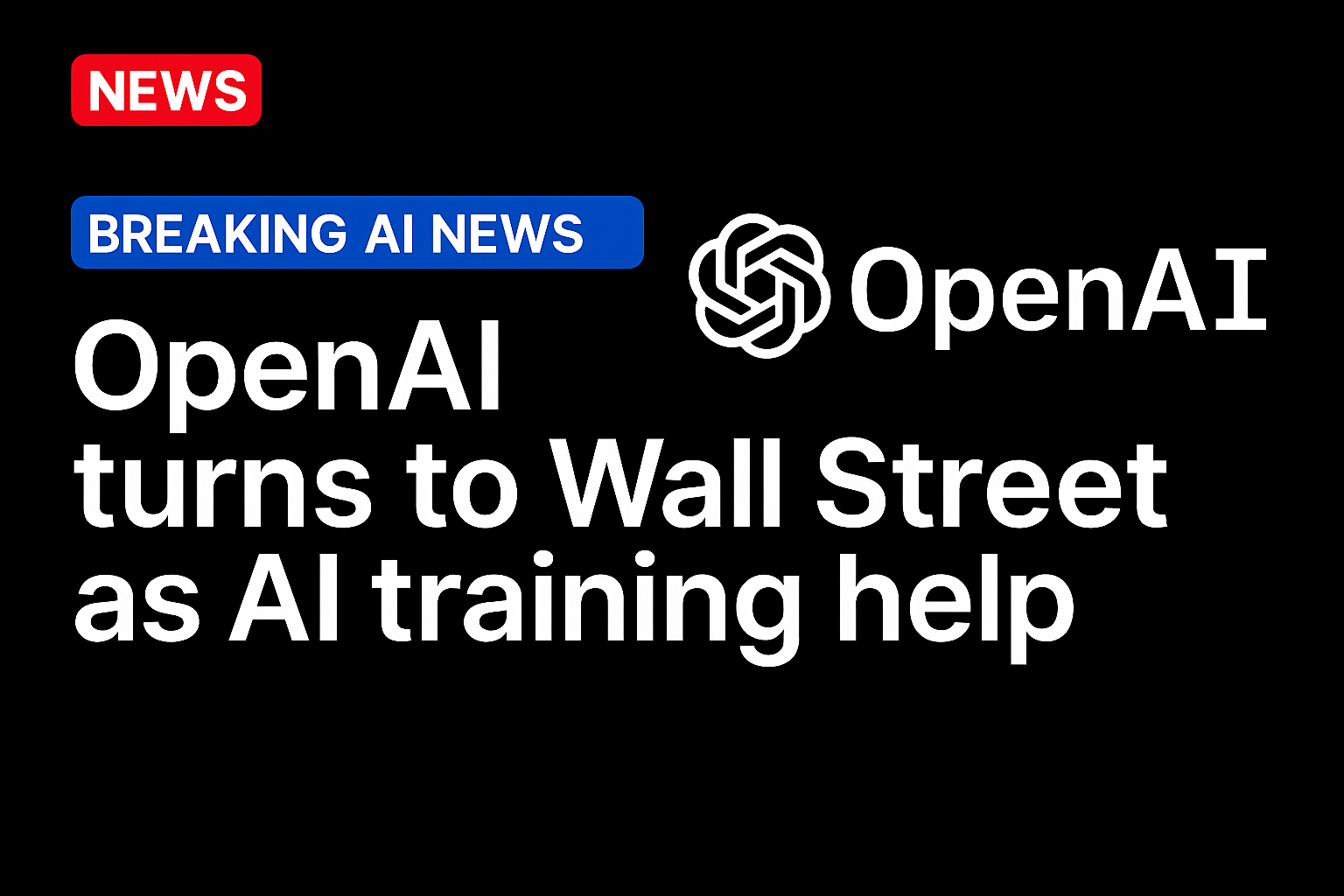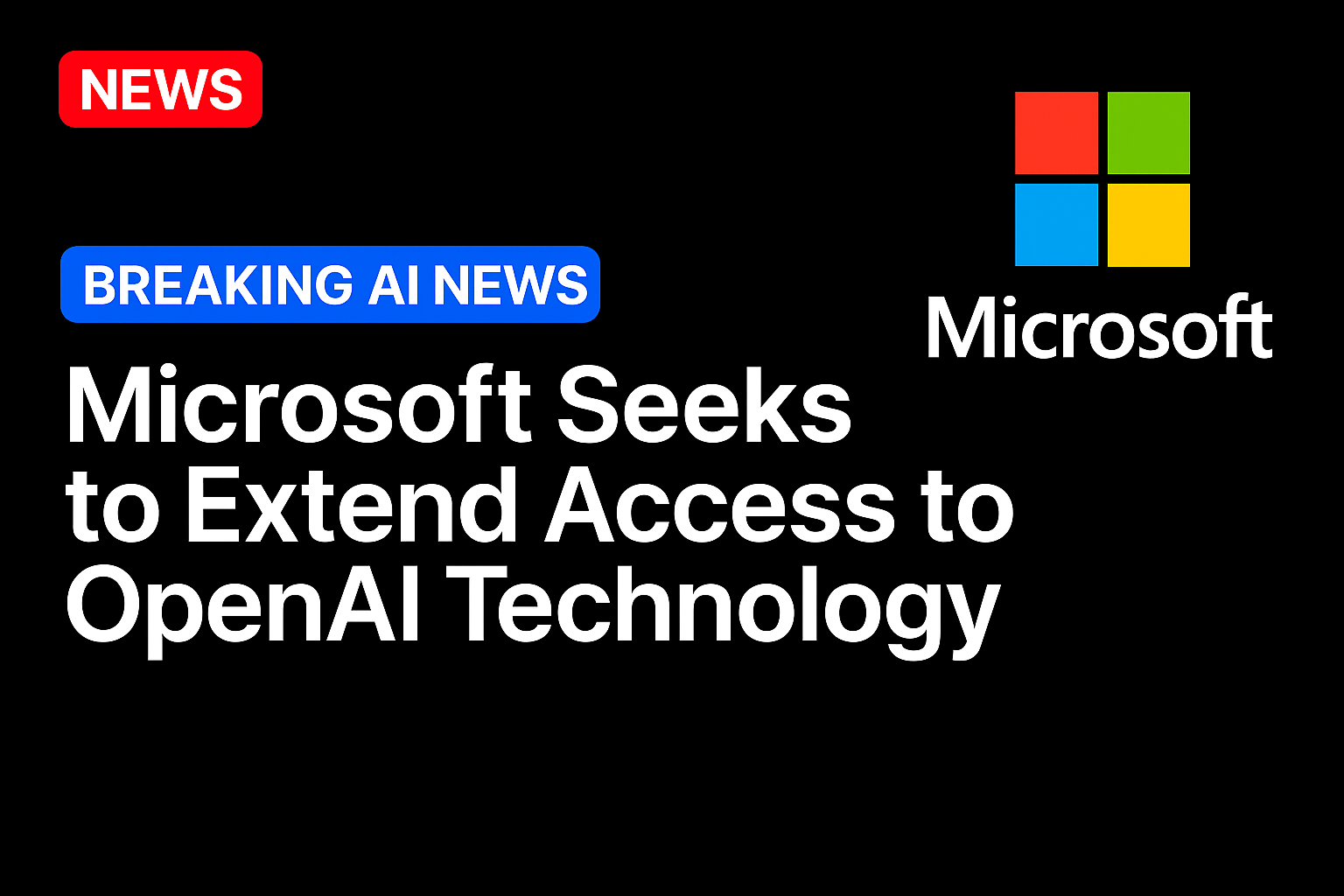
Nvidia has taken the top spot in a new artificial intelligence benchmark, with its latest Blackwell chips delivering record performance and efficiency. The results highlight how AI infrastructure is becoming a race not just for speed but for cost control and scalability as major competitors from AMD to Amazon move to challenge Nvidia’s dominance.
Performance and Cost Efficiency
The new InferenceMAX v1 benchmark measures how efficiently AI systems perform inference, the process of turning trained models into real-time outputs such as text, answers or predictions. Unlike earlier tests that focused only on raw speed, it factors in responsiveness, energy use and total cost of compute to show how much value a system can deliver for its operating cost.
At the center of the results are the Blackwell B200 GPU and the GB200 NVL72 system. The B200 is a new processor built specifically for running large AI models more efficiently. The GB200 NVL72 combines multiple B200 units into a single rack-scale machine designed for data centers that need high performance and continuous operation.
Nvidia said a $5 million GB200 installation can generate up to $75 million in “token revenue,” a metric that estimates how much AI-generated content or data a system can produce when deployed in applications such as chatbots, analytics or recommendation engines. The more tokens a chip can generate for less energy and cost, the greater the potential return on investment.
The figures show how the economics of AI are changing. As models shift from single responses to multistep reasoning, compute and energy demands increase. Nvidia’s architecture aims to support this growth while keeping operating costs manageable for companies deploying AI at scale.
Competition and Market Impact
The benchmark results arrive as rivals expand their own AI chip programs. AMD is rolling out new gen accelerators designed for data-center AI and scientific workloads. The company is partnering with cloud providers to make the chips available across shared infrastructure, offering enterprises a lower-cost alternative to Nvidia hardware.
Google continues to develop its custom Tensor Processing Units, or TPUs, which power products such as Search, Gemini, and Vertex AI. The newest generation, called Ironwood, is engineered to improve efficiency when running large language models, helping Google manage computing costs and reduce its dependence on external chip suppliers.
Amazon Web Services is also advancing its in-house chip strategy with Trainium2, now available through AWS. The chip is designed to lower the cost of both training and running AI models, giving businesses a more affordable path to enterprise AI adoption.
These developments show how major tech firms are trying to control more of their own AI infrastructure. By building custom chips, they can tune performance for specific workloads and reduce long-term reliance on third-party hardware. Even so, Nvidia remains ahead in performance and efficiency, which continue to be the defining measures of success in AI infrastructure.
The Bigger Picture
Nvidia confirmed its benchmark results after the data was released, emphasizing that the performance gains were independently measured. The announcement follows a series of milestones for the company, including becoming the first U.S. firm to reach a record four trillion dollar market capitalization and launching a GPU marketplace that allows developers and enterprises to rent computing power from partners such as CoreWeave, Crusoe, and Lambda.
Source: https://www.pymnts.com/




